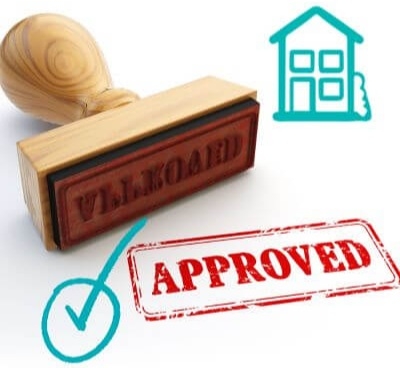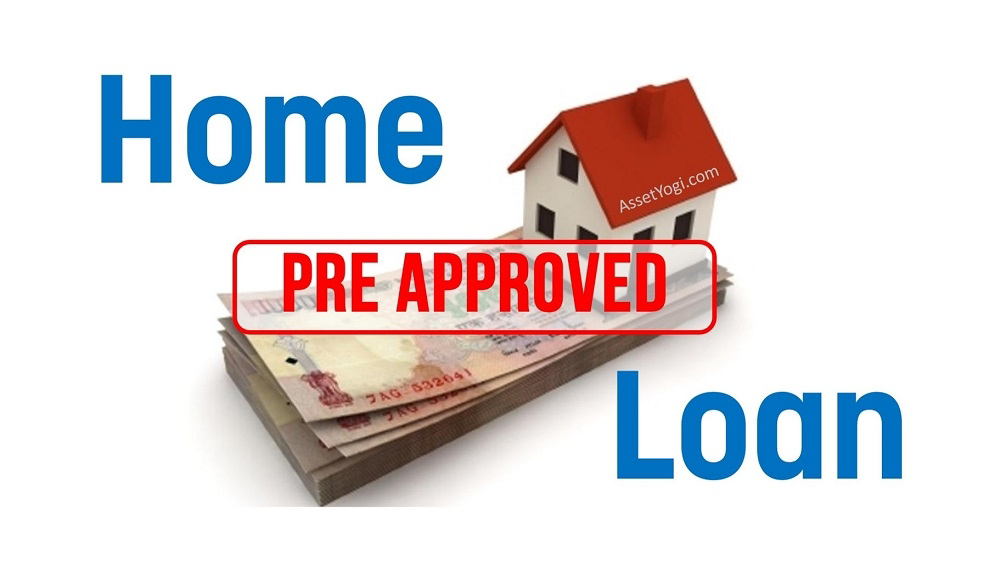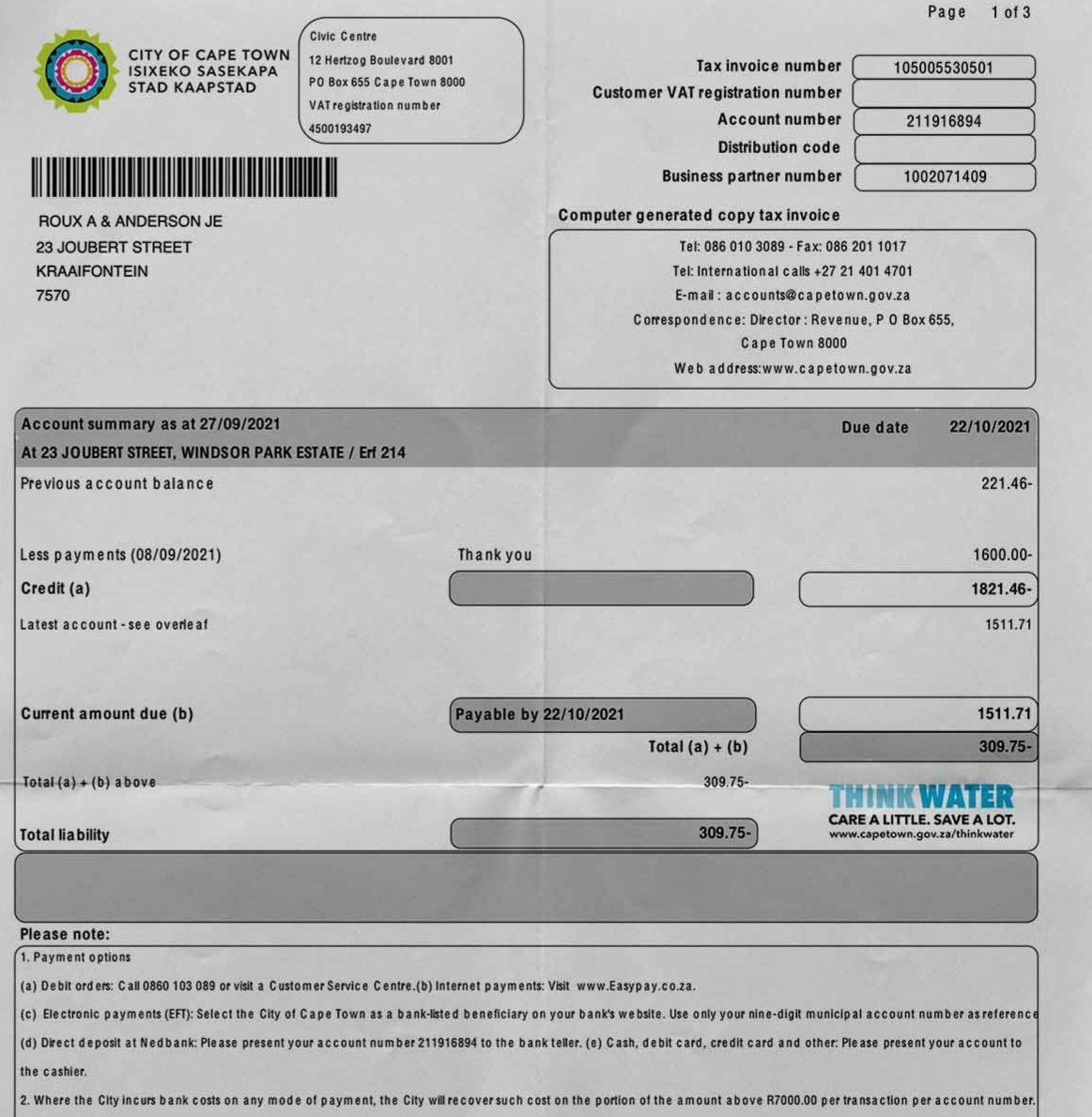Lake Properties Lake Properties
Luxury Homes in Bishopscourt: What
Buyers Shoioiuld Know Before Paying Top Rand
Bishopscourt is not just another upmarket suburb in Cape Town. It is one of the most exclusive residential enclaves in South Africa, where privacy, land size, and long-term capital preservation matter more than flashy finishes or short-term trends. Buyers entering this market need clarity, not sales talk.
This is what you actually need to know before buying a luxury home in Bishopscourt.
Why Bishopscourt Commands a Premium
Bishopscourt sits on the eastern slopes of Table Mountain, bordering Newlands and Kirstenbosch. This positioning delivers three things money consistently chases:
wind protection, greenery, and space.
Unlike Atlantic Seaboard suburbs where value is driven by proximity to the ocean and density, Bishopscourt’s value is rooted in:
-
Large erf sizes (often 2,000–10,000 m²)
-
Mature gardens and tree canopies
-
Low-density zoning
-
A long history of elite ownership (ambassadors, business leaders, old money families)
This is why Bishopscourt property prices remain resilient even during broader market slowdowns.
SEO keywords used: luxury homes Bishopscourt, Bishopscourt property for sale, exclusive suburbs Cape Town
Current Price Ranges (Reality, Not Marketing)
Luxury buyers often underestimate entry prices here.
-
Entry-level homes: R18m – R25m (usually older homes or smaller plots)
-
Prime Bishopscourt properties: R30m – R60m
-
Trophy estates: R70m – R100m+
If a property looks “cheap” for Bishopscourt, there is usually a reason:
-
Heritage restrictions
-
Structural age
-
Renovation backlog
-
Awkward zoning or access issues
This is not a suburb where bargains exist in the traditional sense.
What You Are Really Buying
1. Land Value Over House Value
In Bishopscourt, land is king.
Many buyers demolish or extensively remodel homes after purchase. This is common and priced into the market.
If you are buying for long-term value, prioritise:
-
Erf size
-
Privacy from neighbours
-
Orientation and mountain backdrop
-
Development potential (subject to zoning)
Internal link suggestion:
👉 Understanding Land Value vs Building Value in Cape Town
2. Privacy and Security (At a Cost)
Bishopscourt offers exceptional privacy, but security is self-managed, not communal.
Expect:
-
Private security contracts
-
Advanced access control
-
CCTV, electric fencing, and perimeter monitoring
-
Higher insurance premiums
There are no sectional title levies to soften these costs. You pay directly.
Internal link suggestion:
👉 Hidden Ownership Costs in Luxury Cape Town Homes
3. Heritage and Planning Restrictions
A significant number of Bishopscourt homes fall under heritage overlays or special planning controls.
This affects:
-
Demolition approvals
-
Building height
-
External appearance
-
Tree removal
Buyers who fail to investigate this before purchase often face expensive delays and redesigns.
Internal link suggestion:
👉 Heritage Property Restrictions in Cape Town Explained
Lifestyle Considerations Buyers Overlook
Proximity Without Congestion
Bishopscourt offers rare access to:
-
UCT
-
Top private schools (Bishops, St Mary’s, Rondebosch Boys)
-
Newlands, Constantia, and Claremont amenities
All without the congestion of the CBD or Atlantic Seaboard.
No Short-Term Rental Noise
Unlike Camps Bay or Sea Point, Bishopscourt is not a short-term rental hotspot. This protects:
-
Neighbourhood character
-
Long-term value
-
Quiet living
If you are buying for peace, this matters.
Investment Perspective: Is Bishopscourt a Smart Buy?
From a pure investment lens:
-
Capital growth: Strong over long periods
-
Rental yield: Secondary consideration
-
Liquidity: Slower than mid-market suburbs
Bishopscourt is not a flip market. It rewards:
-
Long holding periods
-
Cash or low-leverage buyers
-
Owners focused on asset preservation rather than yield
Common Buyer Mistakes in Bishopscourt
-
Falling in love with the house instead of the land
-
Ignoring future renovation costs
-
Underestimating maintenance and staffing expenses
-
Buying without full zoning and heritage due diligence
-
Assuming all Bishopscourt streets are equal (they are not)
Street-by-street knowledge matters here.
Who Bishopscourt Is (and Isn’t) For
Ideal for:
-
High-net-worth families
-
Buyers seeking privacy and land
-
Long-term capital holders
Not ideal for:
-
Short-term investors
-
Buyers relying on rental yield
-
Anyone stretching financially to “get in”
Lake Properties Pro-Tip
In Bishopscourt, the deal is made before the listing goes public.
The best homes often sell quietly through trusted networks. If you are relying solely on property portals, you are already late. Work with agents who live and breathe the suburb, understand zoning nuance, and can flag problems before they cost you millions
Call to Action
Ready to explore the best investment opportunities in Cape Town?
Contact Lake Properties today and let our experts guide you to your ideal property.
If you know of anyone who is thinking of selling or buying property,please call me
Russell
Lake Properties
ww.lakeproperties.co.za
info@lakeproperties.co.za
083 624 7129































